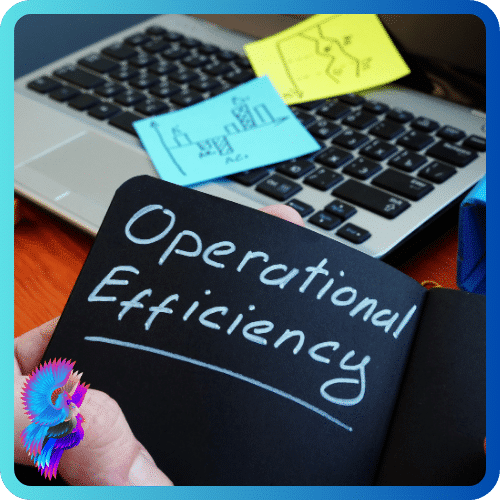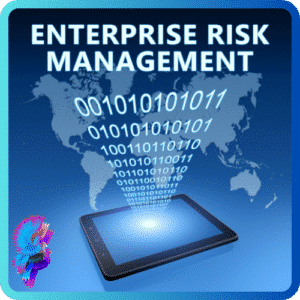Advertisements
ERP System
ERP stands for Enterprise Resource Planning.
It is a software system that integrates and manages various organizational business processes and functions.
This includes areas such as finance, human resources, supply chain management, customer relationship management, and manufacturing.
The purpose of an ERP system is to streamline operations, improve efficiency, enhance collaboration, and provide real-time visibility into the organization’s data and processes.
There are several types of ERP (enterprise resource planning) systems, including:
On-premise ERP:
This ERP system is installed and hosted on the company’s servers and infrastructure.
It requires a dedicated IT team to manage and maintain the system.
Cloud-based ERP:
Also known as Software-as-a-Service (SaaS) ERP, this type of system is hosted on the cloud by a third-party provider.
It offers flexibility, scalability, and accessibility from anywhere with an internet connection.
Hybrid ERP:
This type of system combines both on-premise and cloud-based solutions.
It allows companies to leverage the benefits of both deployment models while maintaining control over certain sensitive data.
Industry-specific ERP:
Some ERP systems are designed specifically for certain industries, such as manufacturing, retail, healthcare, or finance.
These systems offer industry-specific features and functionalities tailored to meet the unique needs of those sectors.
Open-source ERP:
Open-source ERP software is freely available for anyone to use, modify, and distribute. It provides flexibility for customization but may require technical expertise to implement and maintain.
Mobile ERP:
Mobile ERP systems allow users to access and manage business processes through mobile devices such as smartphones or tablets.
They provide real-time data access and enable employees to work remotely.
Two-tier ERP:
In this model, a company uses two separate ERP systems:
one at the corporate level for financial management and another
at the subsidiary or divisional levels for specific operational needs.
The two systems are integrated to ensure data consistency across the organization.
It’s important to note that different organizations have different requirements, so the choice of an appropriate ERP type depends on factors such as company size, industry, budget, scalability needs, security concerns, and IT infrastructure capabilities.
To be continued…
Advertisements































